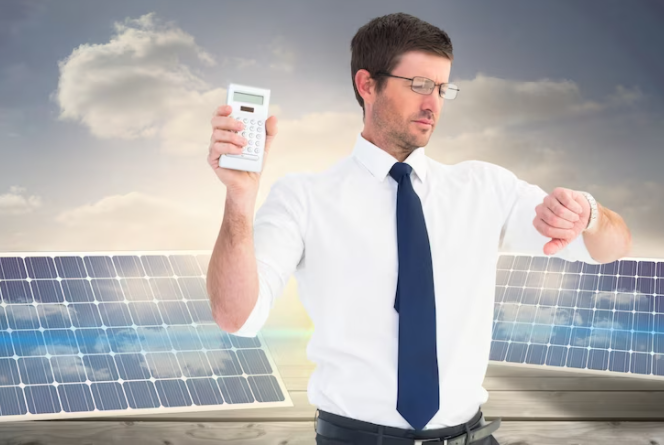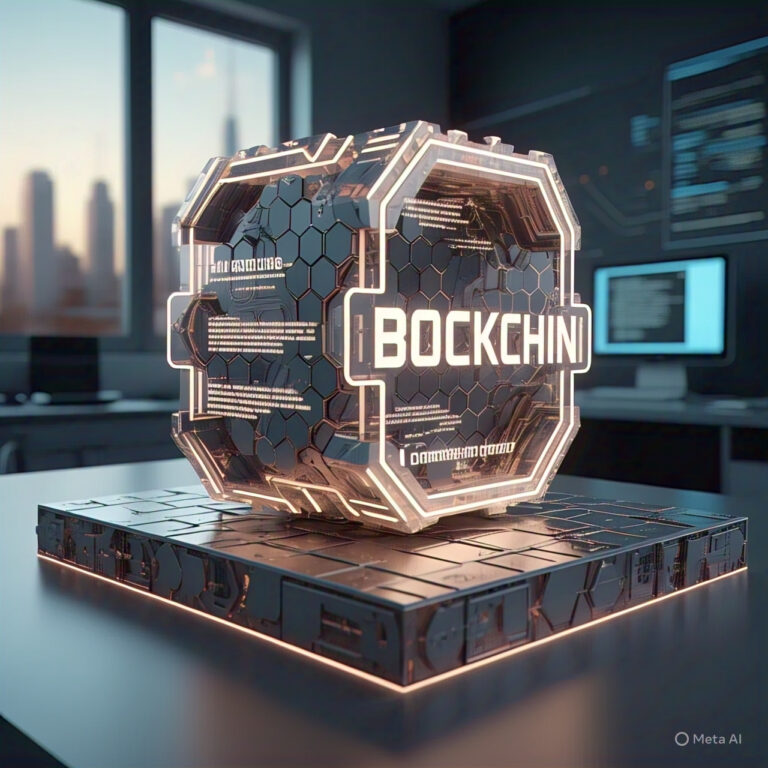If you’re considering installing solar panels, you may have heard about their numerous benefits such as reducing electricity bills and decreasing carbon footprint. However, it’s important to recognize that solar panels may not be the best option for every situation. While they are known for their efficiency and eco-friendliness, there are certain factors that might make solar panels less suitable for certain individuals or locations. In this article, we will explore the circumstances in which solar panels may not be a good fit.
Benefits of Solar Panels
Solar panels have gained popularity in recent years due to their numerous benefits. One of the main advantages is their ability to generate electricity from a renewable source – the sun. By harnessing the power of sunlight, solar panels can significantly reduce your reliance on traditional energy sources, leading to a decrease in greenhouse gas emissions and a smaller carbon footprint.
Another major benefit of solar panels is the potential for long-term cost savings. Once you’ve recouped the initial investment through energy savings, solar panels can significantly reduce your monthly electricity bills. In some cases, homeowners have even reported a complete elimination of their electricity bills, especially when paired with energy-efficient appliances and good energy management practices.
Furthermore, solar panels require minimal maintenance, making them a hassle-free option for homeowners. With no moving parts, the risk of mechanical failure is significantly reduced, and regular cleaning is usually the only maintenance required. This simplicity not only saves time and effort but also ensures a longer lifespan for the solar panels.
Despite these benefits, it’s important to consider the specific circumstances before committing to solar panel installation.
Common Misconceptions about Solar Panels
Before delving into the factors that might make solar panels less suitable for certain situations, it’s important to address some common misconceptions. One of the misconceptions is that solar panels only work in areas with abundant sunlight. While it’s true that solar panels rely on sunlight to generate electricity, they can still produce energy on cloudy days or in areas with less sunlight. However, their efficiency may be reduced in such conditions.
Another misconception is that solar panels are only suitable for homeowners. In reality, solar panels can also be installed on commercial buildings, schools, and other non-residential structures. Additionally, there are community solar programs that allow individuals who cannot install solar panels on their own properties to benefit from solar energy.
Lastly, some people believe that solar panel installation is a complicated and time-consuming process. While it’s true that installing solar panels requires professional expertise, the process has become more streamlined and efficient over the years. Many reputable solar panel companies offer turnkey solutions, taking care of everything from site assessment to installation and maintenance.
Now that we’ve addressed these misconceptions, let’s explore the factors that should be considered before installing solar panels.
Factors to Consider Before Installing Solar Panels
When considering solar panel installation, it’s important to evaluate certain factors that may impact their effectiveness and suitability for your specific situation. One of the primary factors to consider is the amount of sunlight your location receives. Solar panels rely on sunlight to generate electricity, so if you live in an area with limited sunlight or frequent cloudy weather, their effectiveness may be considerably reduced. While solar panels can still produce energy in less sunny areas, the energy output may not be as high as in sunnier regions.
Another factor to consider is the cost of solar panel installation. While the long-term cost savings can be significant, the upfront investment required for solar panels can be substantial. This includes the cost of the panels themselves, installation fees, and any additional equipment needed, such as inverters and batteries. It may take several years to recoup the initial investment through energy savings, so it’s important to carefully evaluate your financial situation and long-term goals before proceeding with installation.
Additionally, if you are planning to move in the near future, the return on investment for solar panels may not be as significant. While solar panels can increase the value of your property, it may take several years to recover the initial investment if you plan to sell your home in the near future. However, if you plan to stay in your current home for an extended period, solar panels can be a worthwhile investment.
Now that we’ve explored some factors to consider before installing solar panels, let’s dive deeper into specific situations where solar panels may not be a good option.
When Solar Panels are Not a Good Option – Shady Areas
One situation where solar panels may not be a good fit is when your property is surrounded by tall buildings or trees that cast shadows for a significant portion of the day. Solar panels require direct sunlight to generate electricity, and shading can significantly reduce their effectiveness. Even a small amount of shading can have a dramatic impact on the energy output of solar panels. So lets say you are considering Lynchburg solar panel installation and your property happens to be located in a shady area, it’s important to evaluate whether solar panels will receive enough sunlight to justify the investment. Perhaps a bit up the road, Staunton solar panel installers can work to locate the panels in an area that gets sufficient sunlight.
In some cases, it may be possible to trim or remove trees or adjust the position of solar panels to minimize shading. However, these solutions may not always be feasible or cost-effective. Therefore, it’s crucial to assess the amount of shade your property receives before deciding to install solar panels.
When Solar Panels are Not a Good Option – Rental Properties
Another situation where solar panels may not be a good option is if you are a tenant or own a rental property. In most cases, it’s the responsibility of the property owner to decide whether to install solar panels. For areas with a lot of rentals or fluctuating student populations, Charlottesville solar installation projects might not make sense. While some landlords may be open to the idea, others may be hesitant to make such a significant investment. Additionally, if you are a tenant, you may not have the authority to install solar panels without the permission of the property owner.
If you are interested in solar energy but live in a rental property, it’s worth exploring community solar programs or discussing the possibility of solar panels with your landlord. These programs allow individuals to benefit from solar energy even if they cannot install panels on their own properties.
When Solar Panels are Not a Good Option – Limited Roof Space
Limited roof space can also make solar panels less suitable for certain properties. Solar panels require a sufficient amount of unobstructed roof space to be installed effectively. If your roof is small or already crowded with other installations, such as satellite dishes or vents, it may not have enough space to accommodate solar panels.
In such cases, it’s important to explore alternative options, such as ground-mounted solar panels or solar canopies. These alternatives can be more expensive and may require additional permits or approvals, but they can still provide the benefits of solar energy even if your roof space is limited.
Alternative Renewable Energy Sources
If solar panels are not a good fit for your specific situation, there are alternative renewable energy sources that you can explore. Wind turbines, for example, can be an effective way to generate electricity in areas with consistent wind patterns. However, wind turbines require a larger amount of space and may not be suitable for residential areas with close proximity to neighbors.
Another alternative is geothermal energy, which utilizes the heat from the earth to generate electricity. Geothermal systems can be installed in both residential and commercial properties, but they require significant upfront investment and may not be feasible in all locations.
Hydroelectric power is another renewable energy source that harnesses the energy of flowing water to generate electricity. However, hydroelectric power is typically only viable in areas with access to a flowing water source, such as a river or waterfall.
Cost Considerations and Return on Investment
When evaluating whether solar panels are a good option for your specific situation, it’s crucial to consider the cost and return on investment. Solar panels can be a significant financial investment, and it’s important to weigh the upfront costs against the long-term savings. It’s also worth exploring any available government incentives or tax credits that can help offset the cost of installation.
Additionally, it’s important to consider the lifespan of solar panels and any potential maintenance or replacement costs. While solar panels are known for their durability, they may require occasional cleaning or repairs over their lifespan. It’s important to factor in these costs when determining the overall return on investment.
Conclusion
While solar panels can be a fantastic option for many individuals, it’s important to weigh the pros and cons to determine if they are the right choice for you. Factors such as the amount of sunlight your location receives, the cost of installation, and your long-term plans should all be considered. By exploring these factors, you can make a more informed decision about whether solar panels are a viable solution for your specific needs. If solar panels are not a good fit, there are alternative renewable energy sources that can still help you reduce your carbon footprint and save on energy costs.





